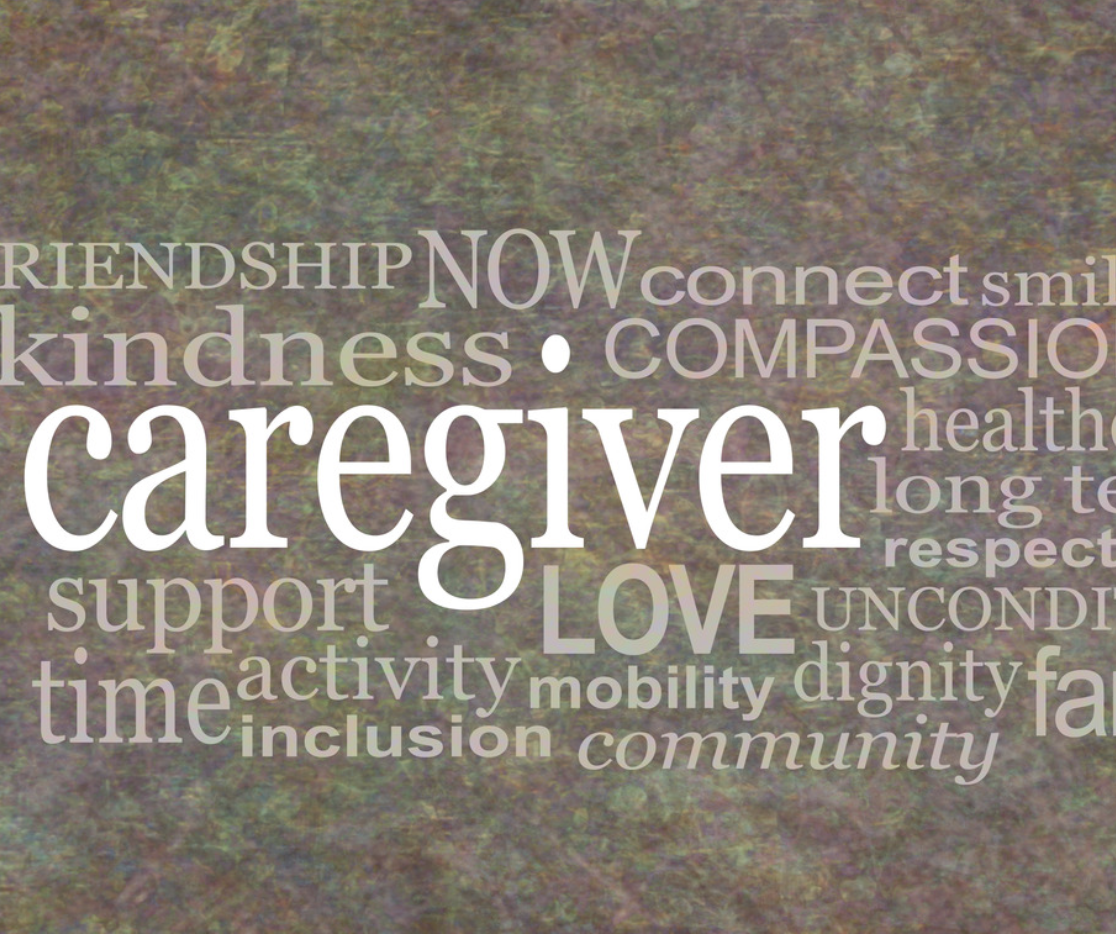
Our colleagues at the USA-based Cure Sanfilippo Foundation have published the first study of the preferences and priorities of carers of individuals with Sanfilippo Syndrome.
The important study sets out the collective views of parents on the impacts of Sanfilippo and what they consider “meaningful benefit” when it comes to the hoped-for effects of potential therapies for Sanfilippo Syndrome.
Integrating patient and caregiver experience data into drug development and regulatory decision-making is becoming a priority for regulatory bodies such as the US Food and Drug Administration and the Australian Therapeutic Goods Administration. Studies like this, therefore provide vital information for these bodies that authorise clinical trials, as well as the researchers and companies who design the trials.
The study was conducted through a series of focus groups with parents encompassing 25 families and including Sanfilippo Types A, B and C. It aimed to explore parent-reported impact of Sanfilippo syndrome symptoms on the patient and family, which symptoms were most important to be addressed by future treatments, and what degree of treatment benefit would be considered meaningful.The results were published in the journal Neurology and Therapy in December 2020
The study revealed, as expected, a high degree of burden on both patients and families, with high unmet treatment need across physical health and cognitive/behavioral and psychological domains.
Clinical trials for Sanfilippo to date have largely focussed on global cognitive development as the primary outcome, but parents in this study placed high value on treatment outcomes targeted to narrower subsets of developmental skills, as well as other non-cognitive disease symptoms.
In the psychological domains these included communication and relationships, impulsive and hyperactive behavior, anxiety and distress in the child and sleep disturbances. In relation to physical health, there were high unmet needs around pain, mobility, vulnerability to illness, seizures, feeding and maintaining nutrition, digestive issues and toileting.
Parents also expressed a strong preference for treatments that can stop progression and maintain a child’s current level of function and quality of life, rather than solely seeking a cure. They are also tolerant of high levels of risk and expressed a desire to see wider inclusion criteria in clinical trials that were not based solely on age.
You can read more on the Cure Sanfilippo Foundation website here, including a link to the full paper.










